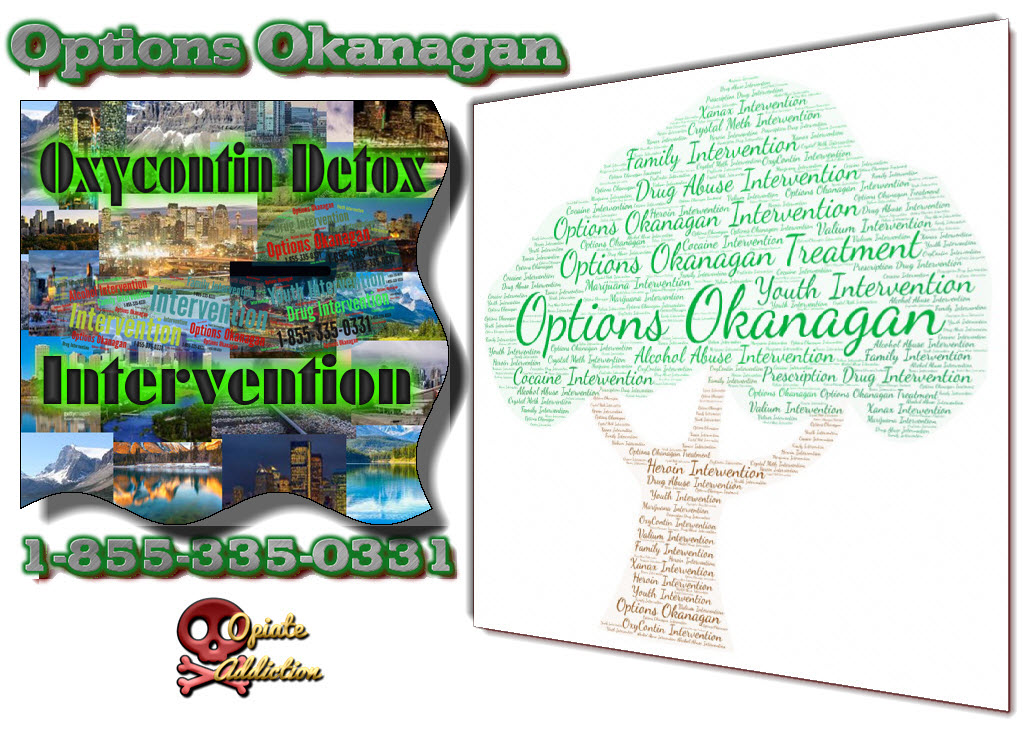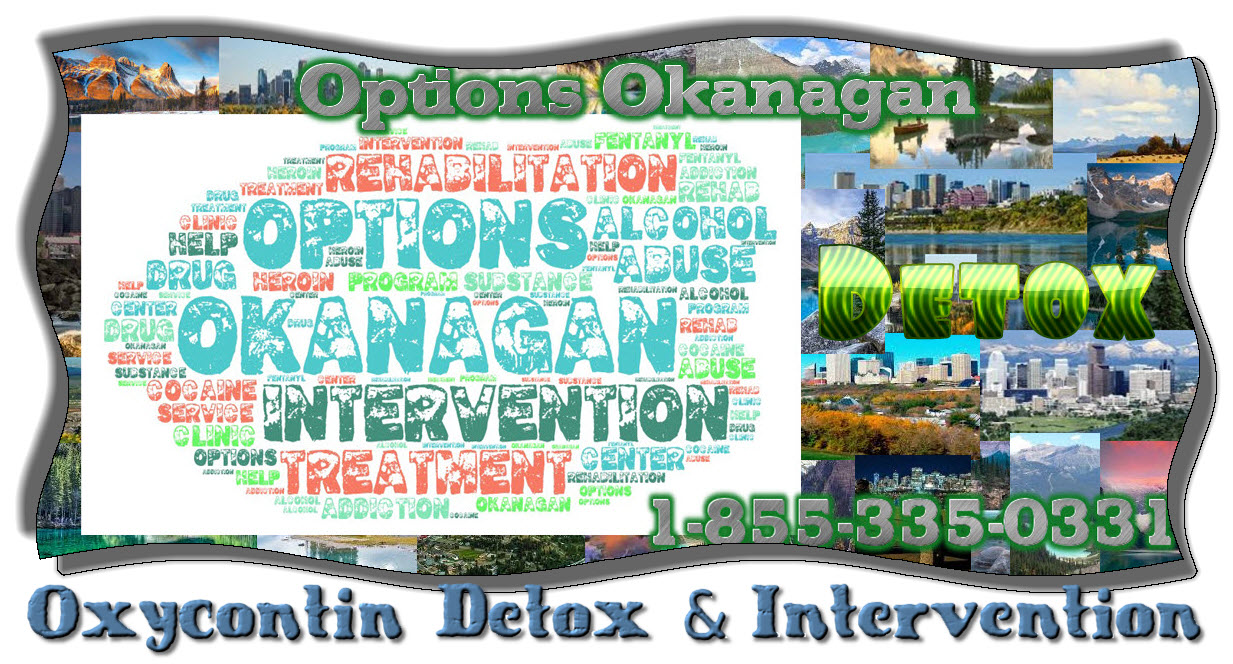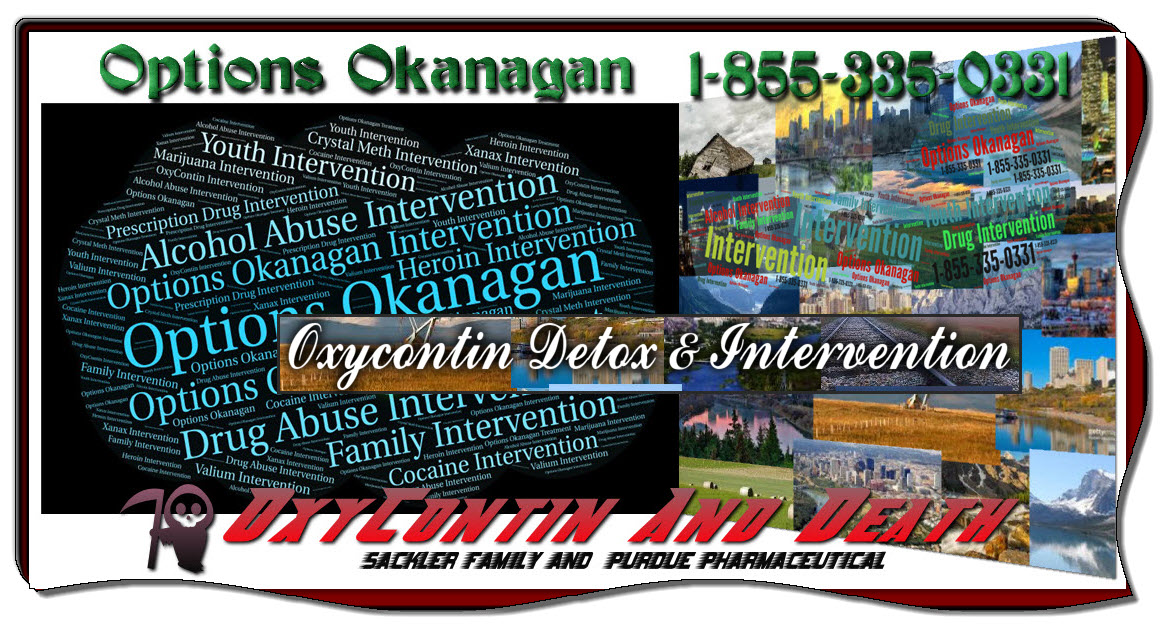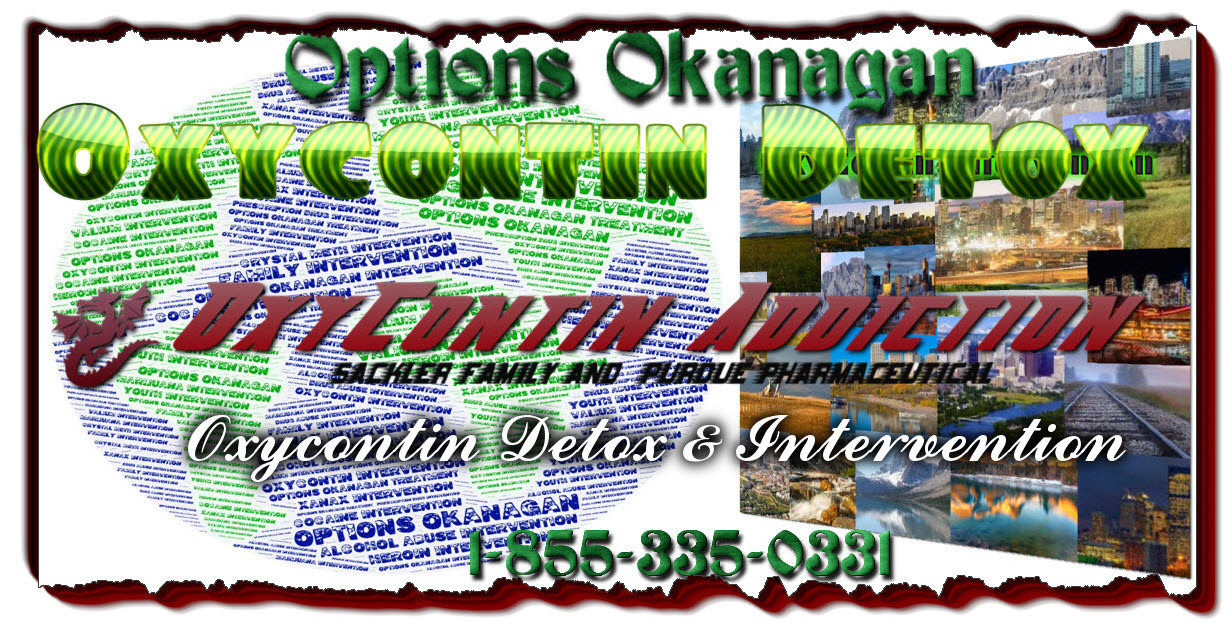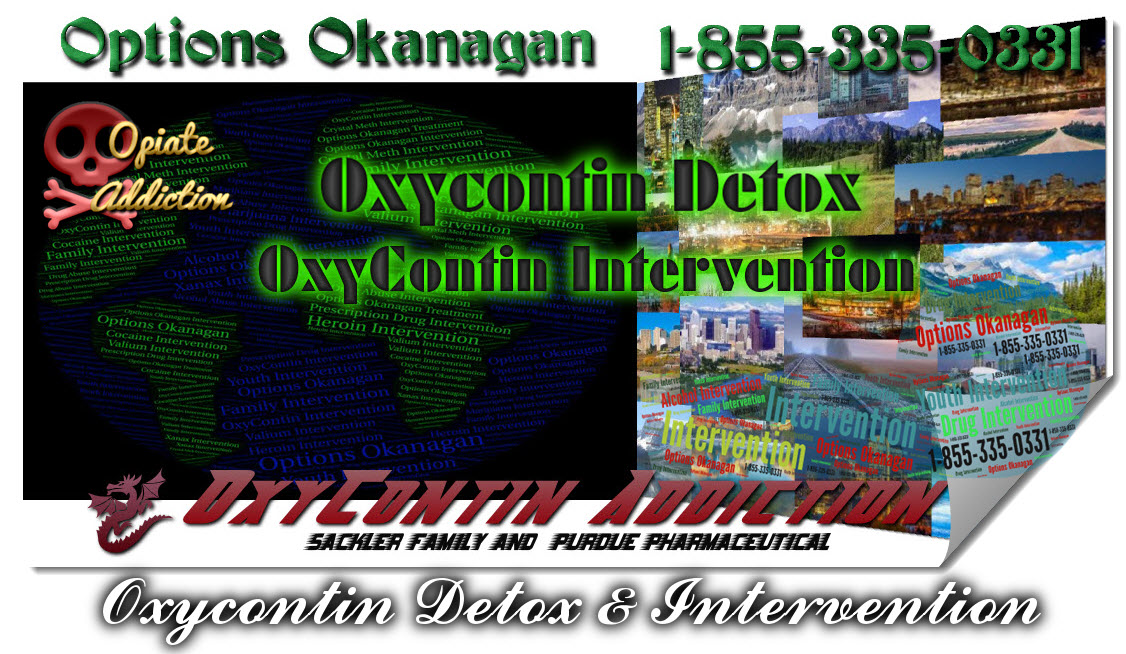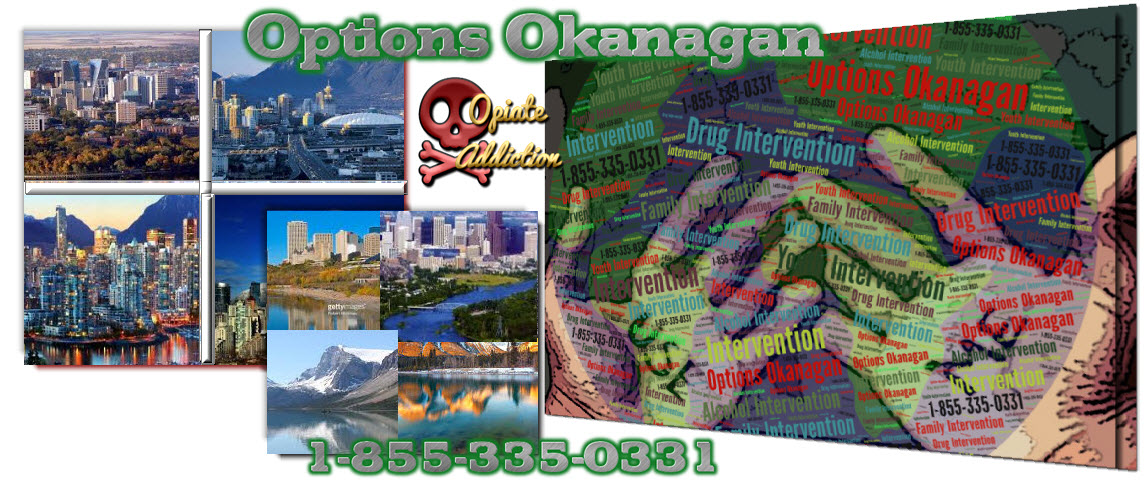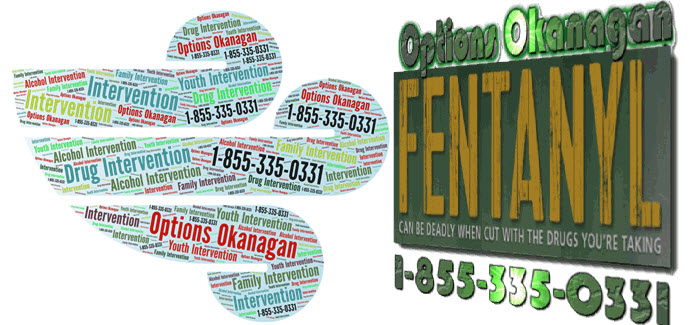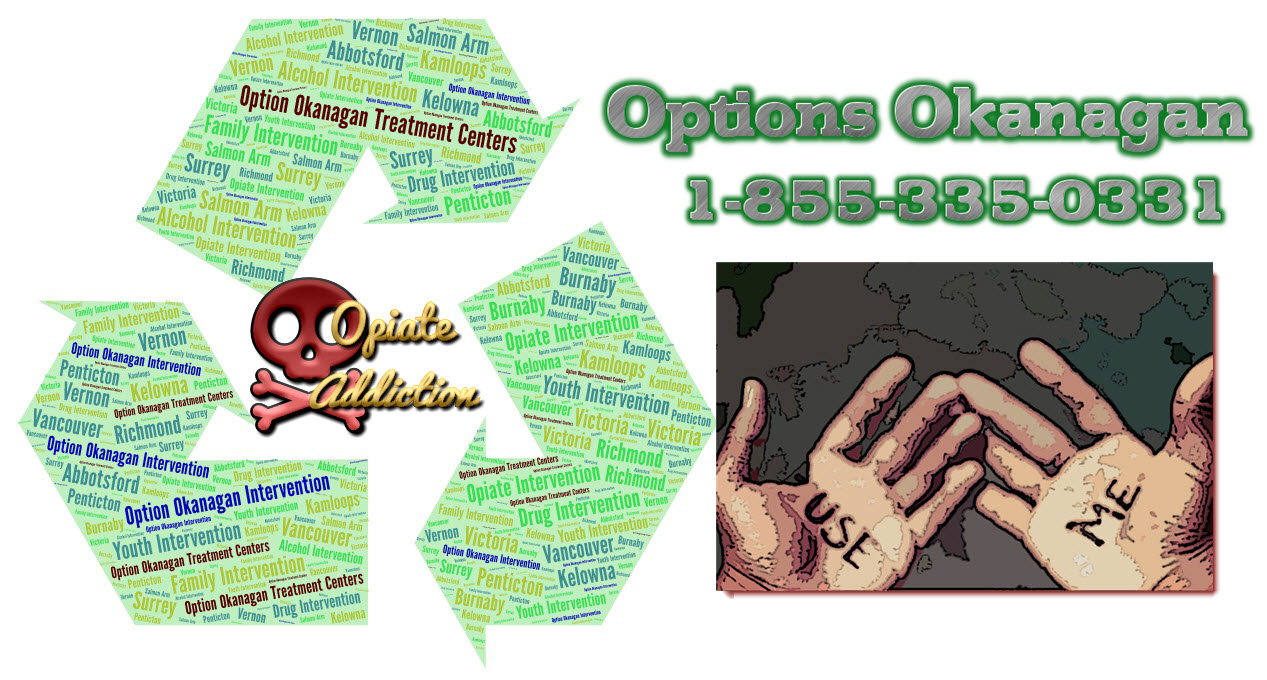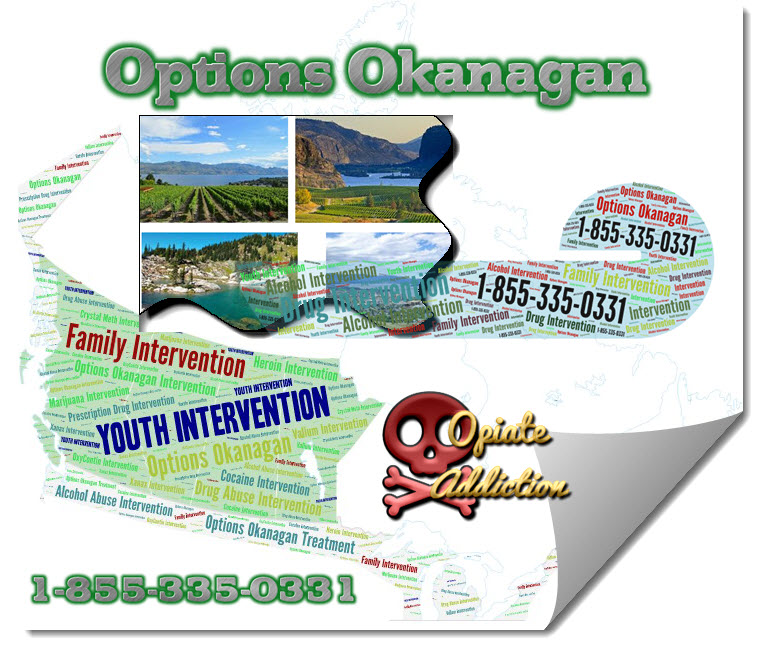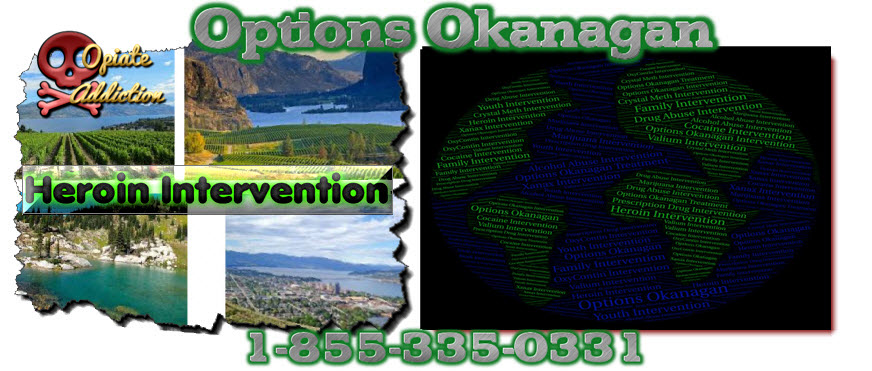The opiate detoxification process. Opiate interventions in British Columbia and Alberta – Options Okanagan Treatment Centers in Kelowna, British Columbia treating drug, opiate, fentanyl, heroin and alcohol addiction and recovery.
Opiate Detox & Intervention In Alberta And BC
Produced from a morphine derivative of the poppy plant’s opium, an opiate is a pain relief drug. Heroin, morphine and codeine are the three main morphine derivative opiates. A large group of painkillers including Oxycontin, Methadone, Dilaudid, Morphine, Fentanyl, Vicodin and Percocet are synthetic opiates (opioids).
Usually prescribed by physicians and doctors to help with controlling pain and discomfort, opiates are narcotic painkillers. Even though misuse of opiates can lead to a serious addiction on a physical and emotional level, resulting in severe withdrawal symptoms and problems around life management, responsibly using them is known to achieve effective pain management.
Withdrawal Symptoms Associated With Opiate Use
Substantially reducing one’s intake of opiates, or stopping altogether, triggers the development of opiate withdrawal symptoms. To keep the occurrence of withdrawal symptoms at bay, as a result of the development of a strong emotional and physical dependence on these substances, addicts need to continue using opiates.
In order to achieve the same effects from the drugs, addicts need to increase the amount of opiates they take overtime. Withdrawal symptoms (otherwise referred to as dope sick), which have a unique onset, can kick in as soon as 12 hours after the last use. Yawning frequently without being fatigued in any way whatsoever is the most notable earliest signal of opiate withdrawal. Depending on the individual, if more opiates are not taken, an opiate addict can be sure that they will face the wrath of a full on withdrawal 3 to 4 hours after yawning has started.
Intense cravings, Diarrhea, Agitation, Cold sweats, High Fever, Abdominal Pain, Anxiety, Insomnia, Depression, Muscle Spasms and Pain, Vomiting and Sweating, Suicidal Thoughts and Nausea are some of the main symptoms of a full opiate withdrawal.
A strong desire to use opiates simply to relieve the withdrawal symptoms arises as a result of the grueling nature of each of the symptoms experienced during this period. People going through withdrawal symptoms usually feel that using more opiates is the only way to get through the period of being dope sick, when caught up in an addiction. However, the discomfort and pain associated with opiate withdrawal can be managed and decreased in a number of ways in a medically supervised detoxification facility for a more comfortable detox process.
Controlling Opiate Withdrawal Symptoms
Depending on the level of severity of the addiction and the detoxification approach used, opiate detoxification can last anywhere from 2 day to 3 weeks. Mainly applied on the basis of the addict and their preferences and needs, there are three main methods used to achieve opiate detoxification.
Options Okanagan Opiate and Alcohol Treatment Centers in Kelowna, Salmon Arm and Vancouver, British Columbia – Men and Women are recovering and healing from Alcohol and Drug Abuse at our treatment center here in the Okanagan right now.
Our unique and distinctive Opiate Drug and Alcohol treatment program allows men and women to come in from Calgary as well as Edmonton as we offer airport pickup.
Numerous clients come to us from Vancouver, Calgary and Edmonton and other locations in Alberta and even other provinces for Opiate addiction treatment, heroin drug treatment, many other drug and alcohol addictions for rehabilitation because of the uniqueness of our treatment center.
Our Opioid Treatment Location:
Options Okanagan OxyContin and Opiate Treatment Center
551 Sherrydale Crescent, Kelowna, British Columbia, V1V 2E6
Toll Free Phone Number : 1-855-335-0331




